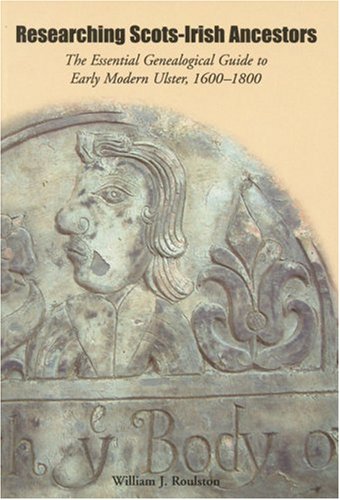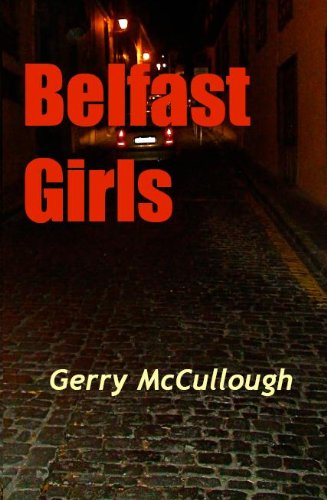As Halloween approaches, I’m putting on the Irish. It’s too long to wait until March. On this post, I’ll be reviewing Gerald Hansen’s Embarrassment of Riches and Gerry McCullough’s Belfast Girls, both already successful on Amazon.
In the Midwest when I was growing up, our agricultural region had indeed melted. People might ask what nationality a name was and friends might disclose their ethnicity. But it was a little like racism today. People were sensitive about ethnic backgrounds and histories. Most people identified with being a 20th century American. Yet if an Irish person was around, there was more openness about ethnicity. Maybe it was the red hair or the O’ or Mc in front of a name. It seemed lucky to be Irish . Or that the Irish had pluck. In every 10 Americans, one is likely to have Irish heritage. Irish is the second most prevalent ethnicity in America, German being the most prevalent.
I wanted to say I was Irish too. I was more Welsh since my grandmother was first generation Welsh in America. My father’s Holmes ancestor came from Coleraine, Ireland to New York in 1765. That’s straining the Irish blood after so many generations. My father said that any genealogical records were probably destroyed in the 1920s. This summer, I found a book for genealogies in that period, Researching Scots-Irish Ancestors: The Essential Genealogical Guide to Early Modern Ulster, 1600-1800: Ulster 1600-1800 by William J. Roulston. Yes, there are records, church records and land estate records and Freemason records. My great-great grandfather was a Freemason so maybe I could check on that if I wanted to know about my Irish heritage.
In college, I wrote a paper on Juno and the Paycock by Sean O’Casey for my Irish Literature course. I’ll never forget being introduced to Guinness beer. My paper was about O’ Casey’s play being a tragi-comedy, a form that was a discussion point then.
Gerald Hansen’s An Embarrassment of Riches might be considered realism or a well-portrayed story about an Irish family. To me, it exemplified that Irish talent for tragi-comedy. I think Gerald was surprised when he hit the top 10 books for humor on Amazon. It was certainly that, and more. My review:
Gerald Hansen has written a whole book. It's not often that a book catches with characters that seem almost novelties at first and with prose that delves into setting and situation. That he maintains the hilarity while weaving an undercurrent of contemporary temptation and its outcomes, is nothing short of a feat.
The impetuousness of the Flood family surges with the pathos of a raucous younger generation and an older generation's obsessions with gain. Ursula's attempts to revive love from her relatives with her lottery win are orchestrated with their responses: Siofra's confirmation dress, her brother's street drugs and police informing, Dymphna's schemes for her child to have a Catholic father. And Ursula's husband Jed. What has he done with the lottery money?
This is a book you decide to finish early on and, surprisingly, the laughs and the amazement come more frequently in the latter third of it. I found myself waiting for certain members of the Flood family to appear again because, while there's hostility in this, you've come to care about some of them.
Belfast Girls by Gerry McCullough is both heartfelt and ominous. It’s a winning book for a wide audience of readers, and although the turmoil in it keeps one reading, its ending is realistic and satisfying. My review:
Belfast Girls has voice, its telling accentuated with Irish nuance. The alternating stories of Sheila, Phil, and Mary together make a mosaic that encompasses many aspects of Belfast society, its schools, its business sector, religious influence, and the ties of the drug gangs that are too reminiscent of the Irish Troubles. What is so appealing about the characters is their independence, their steadfast feelings of friendship and leery love that course the novel.
These relationships develop into surprising climaxes. After Sheila becomes aware of underground crime through her modeling career and because she resembles a relative whose political involvement was kept secret, the plot plunges headlong with her tip to the police. Unknown to her, this affects Phil and her other relationships before her departure to success.
All along, the fates of the girls are handled with realism and a deft sensitivity that had me absorbed both with the individuals and the dark gang war that affects them all.
These relationships develop into surprising climaxes. After Sheila becomes aware of underground crime through her modeling career and because she resembles a relative whose political involvement was kept secret, the plot plunges headlong with her tip to the police. Unknown to her, this affects Phil and her other relationships before her departure to success.
All along, the fates of the girls are handled with realism and a deft sensitivity that had me absorbed both with the individuals and the dark gang war that affects them all.
Both of these books have almost all 5-star reviews at Amazon. If you haven’t read them yet, I’m sure you would be moved by these renditions of modern-day Ireland.




Katherine, I've really enjoyed reading this post. I didn't know you had Irish roots, and it's especially interesting to find out that your family comes from Coleraine, a place I know well, and which (like everywhere in Northern Ireland, mind you) is only an hour or so's drive away from where I live.
ReplyDeleteI really appreciate your review of Belfast Girls. I think you've picked up a lot of things about the book which I hoped readers would notice. Thanks so much!
Your review of Gerald Hansen's book is also spot on. A very funny book, but with so much depth in its character drawing, as you rightly point out.